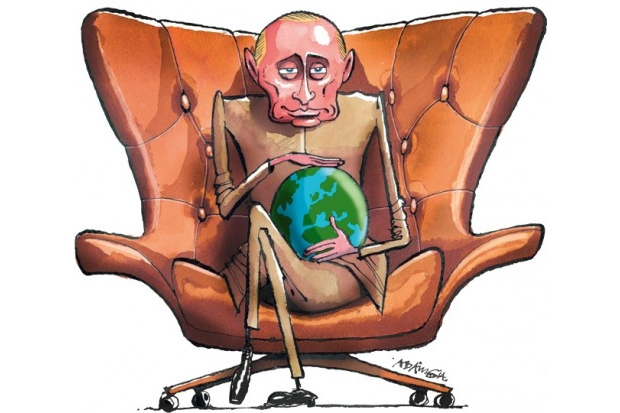I keep on reading that the ‘Outers’ are going to lose the upcoming EU referendum because Euroscepticism has become associated with Ukip, and Nigel Farage is too divisive. It has been talked about for some time but I’ve seen it far more since the party won 13 per cent of the vote last week.
The paradox is that, as Ukip’s support has risen since 2011, conversely British support for EU membership has actually increased. It’s possible, of course, that the public has come to associate Euroscepticism with Ukip whereas it once associated it with the Tory Right, although how much less toxic that brand is must be open to debate.
It’s also possible that just as electing anti-immigration politicians can lead to a reduction in xenophobia, Ukip has allowed people to vent their Eurosceptic feelings; or it has made previously Eurosceptic people look in the mirror and not like what they see.
Possibly. It’s worth pointing out that the Out campaign will most likely be led by Tories, with Ukip in the background I imagine, and once it begins plenty of Labour people will break cover too, including not just Old Labour but possibly some Blairites, too (some think the EU is too tied up in French-style state control).
Most of the focus will presumably be on free trade with the rest of the world, rather than nostalgia for the days of tinned fruit and imperial measurements. I imagine there will also be a focus on continuity post-Brexit, of trading relations with the EU, as well as co-operation where it is sensible and logical. There will be talk of Britain’s relationship with Germany, in particular, which is among the most important in the world – economically, politically and militarily. If we leave the EU, most of the agreements, including the mutual rights to work abroad in most countries, will remain in place (with some adjustments).
But then none of this will matter if the undecided just picture Nigel Farage and some of the more eccentric of his followers.
Having said that, I imagine the main cause of the European Union’s surging support in Britain is another charismatic political leader who’s somewhat Right-of-centre on certain issues and is also hostile to Brussels – Vladimir Putin.
In fact it’s testimony to the European Union’s hopelessness as an organisation that it has failed to exploit the Putin menace more to bind its citizens. Multi-national super-nations only function if unified by a common threat or outside force; Britain, for instance, was formed out of a common religion, language and empire but it was also defined by what it wasn’t – Catholic, continental, authoritarian, French. Now that outside threat no longer exists and Britain has no real reason to continue, while unionist Scots can offer little in the way of a competing British vision to the SNP.
Europe as a cultural area also emerged by identifying what it was not, but the EU is incapable of doing the same. The first use of the word ‘European’ comes in an eighth-century Latin account of the Battle of Tours in 732, when the Frankish Charles Martel united various Germanic and Latin tribes to fight off the Muslim invaders. The civilisation of European Christendom was from the start defined by what it was not – Islamic.
The men who built the European Union did so in the shadows of Verdun and Auschwitz and have convinced themselves of the idea that the union was there to prevent another war, when the existence of Nato, the US military and the threat of nuclear annihilation made this an impossibility. As time has moved on this founding myth has become harder to sustain for the obvious reason that Nazis are not much of a threat these days.
But defining Europe in contrast to the world of Islam is impossible because, to borrow Christopher Caldwell’s analogy about affirmative action, when the European project began Islam was too weak, and now it’s too strong.
With large Muslim populations here as part of the EU’s founding commitment to universalism it would now be explosive to define Europe as such, yet what unites European Union states is their historical membership of Christendom; indeed the problem of Greece is aggravated by the fact that, alone among the original 15 members, it is not historically part of Latin Christendom. Its closeness to Russia therefore makes it even more of a liability than it otherwise is.
In contrast to Islam, Vladimir Putin and his brand of authoritarian white conservative Christian Orthodoxy makes a perfect villain against which the multiculturalist, socially liberal, atheistic European Union leaders can unite its people. It’s a sign of how incoherent the Union is, and how tone deaf its leaders to people’s emotions, that they can’t even do that. Yet Russia’s emergence as a new opponent is certainly bad news for European conservatives, and for Eurosceptics in particular.







Comments